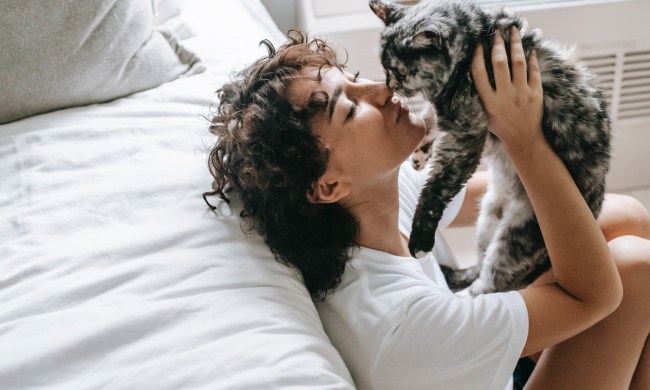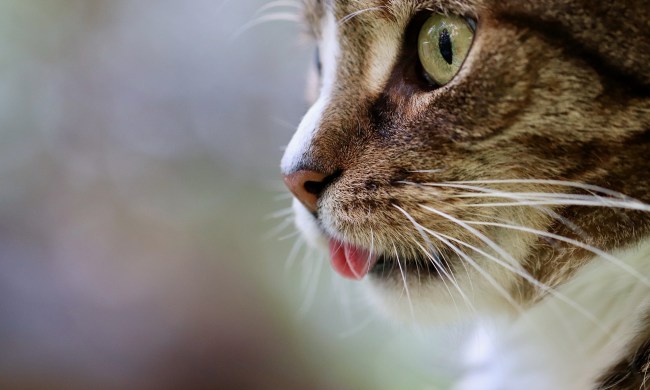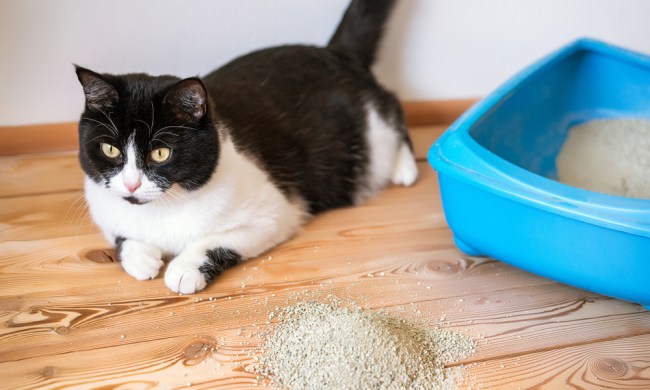It’s no secret that we love cats. From their cute noses to their precious tails, our feline friends are some of the most adorable creatures in the world. But one of a cat’s most interesting features is her ears. Did you know that a cat’s ears are capable of detecting sounds at a higher register than a dog’s ears? In fact, cats can locate toys, human family members, and prey using even the faintest of high-pitched sounds thanks to their ears. Our feline friends accomplish this task by angling their ears to pinpoint the exact location of the sound that’s piqued their interest. So what’s up with cat ear twitching? Is it normal? Let’s find out.
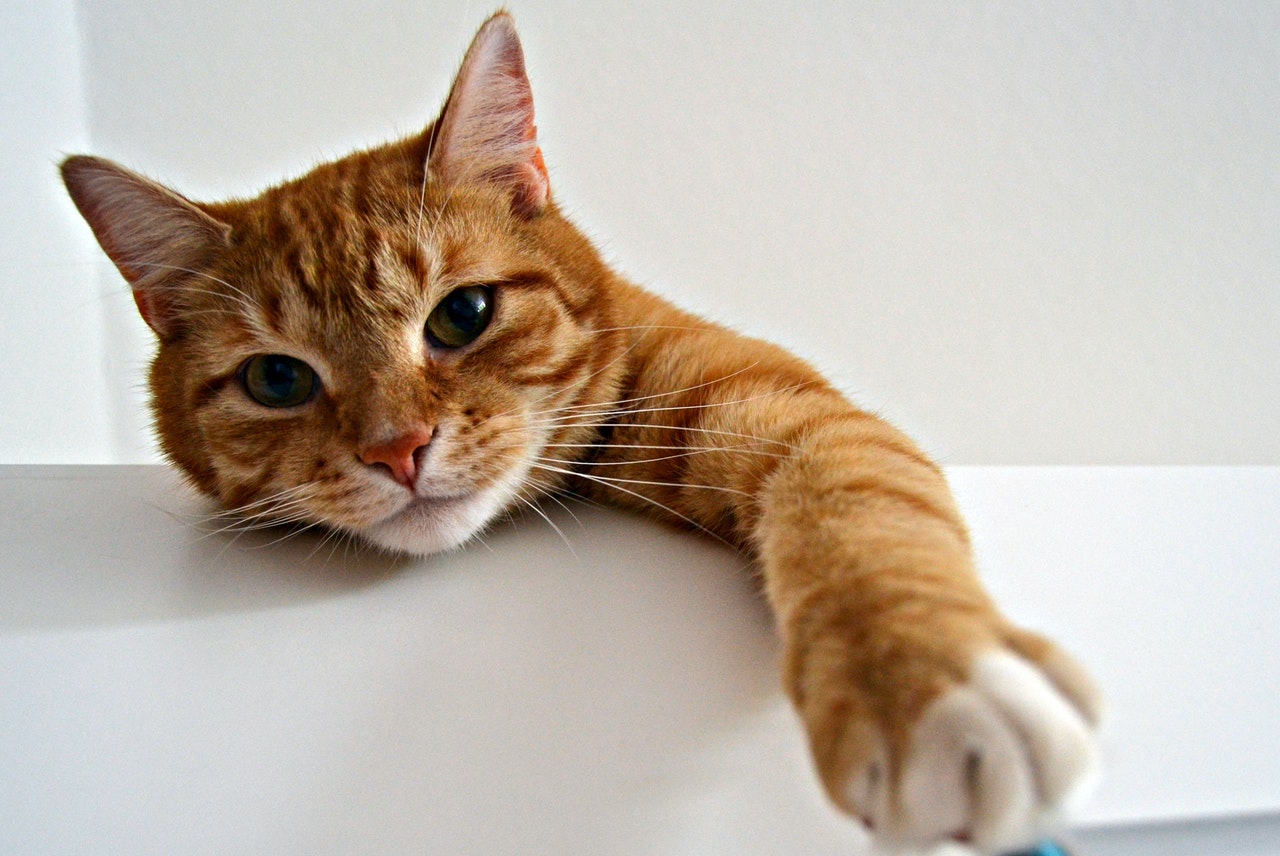
What does cat ear twitching mean?
Cats are funny creatures. From the nighttime zoomies to random twitching in their sleep, most cats indulge in a fair number of seemingly unusual behaviors. If you’ve noticed your cat’s ears twitching, you might be wondering what’s going on. Well, we have some good news. Most of the time, your cat’s ear twitches are perfectly normal. In addition to displaying her mood – such as when your kitty’s ears lie flat against her scalp to express fear or annoyance – your cat’s ears also help her learn more about her environment. Your cat’s ears may twitch involuntarily several times throughout the day.
Some reasons your cat’s ears may twitch include:
- your cat is happy to see you (our favorite reason for ear twitches!)
- he hears an interesting sound, possibly even a sound we can’t hear
- the whiskers near her ears have detected a vibration caused by movement
- an insect flew close to his ear
- she has an itchy spot she wants to shake off
Not only is ear twitching (generally) a harmless behavior, but it’s also adorable.
Why does my cat keep twitching her ear?
While the occasional ear twitch is no reason for you to be concerned, continuous twitches – especially if your kitty also shakes her head, scratches at her ear, or has a stinky, reddish-black substance in her ear canal – could indicate that your fur baby has ear mites. The ear mite, a common name for Otodectes cynotis, is a microscopic parasite that can crawl into a cat’s ear canal.
Unfortunately, ear mites are extremely contagious. If you live in a multi-cat household, chances are good that all of your kitties have been infected. Even worse, ear mites can infect both cats and dogs, meaning not even Fido is safe from these nasty critters. They can also infect ferrets, but we do have some good news: You can’t catch ear mites from your fur babies. (Whew! We don’t know about you, but we’re definitely relieved.)
You should take your cat to the vet immediately if you suspect ear mites. If left untreated, ear mites can cause otitis externa, a severe ear infection that progresses to the middle and inner ear, causing permanent damage to the eardrum as well as impacting your fur baby’s hearing and balance. Some pet parents recommend at-home treatments like placing a few drops of mineral oil in your cat’s ear. While this can be effective in some cases, cats with a buildup of ear wax or debris will need their ears thoroughly cleaned first, as ear drops won’t be able to penetrate all that buildup to reach the ear mites.
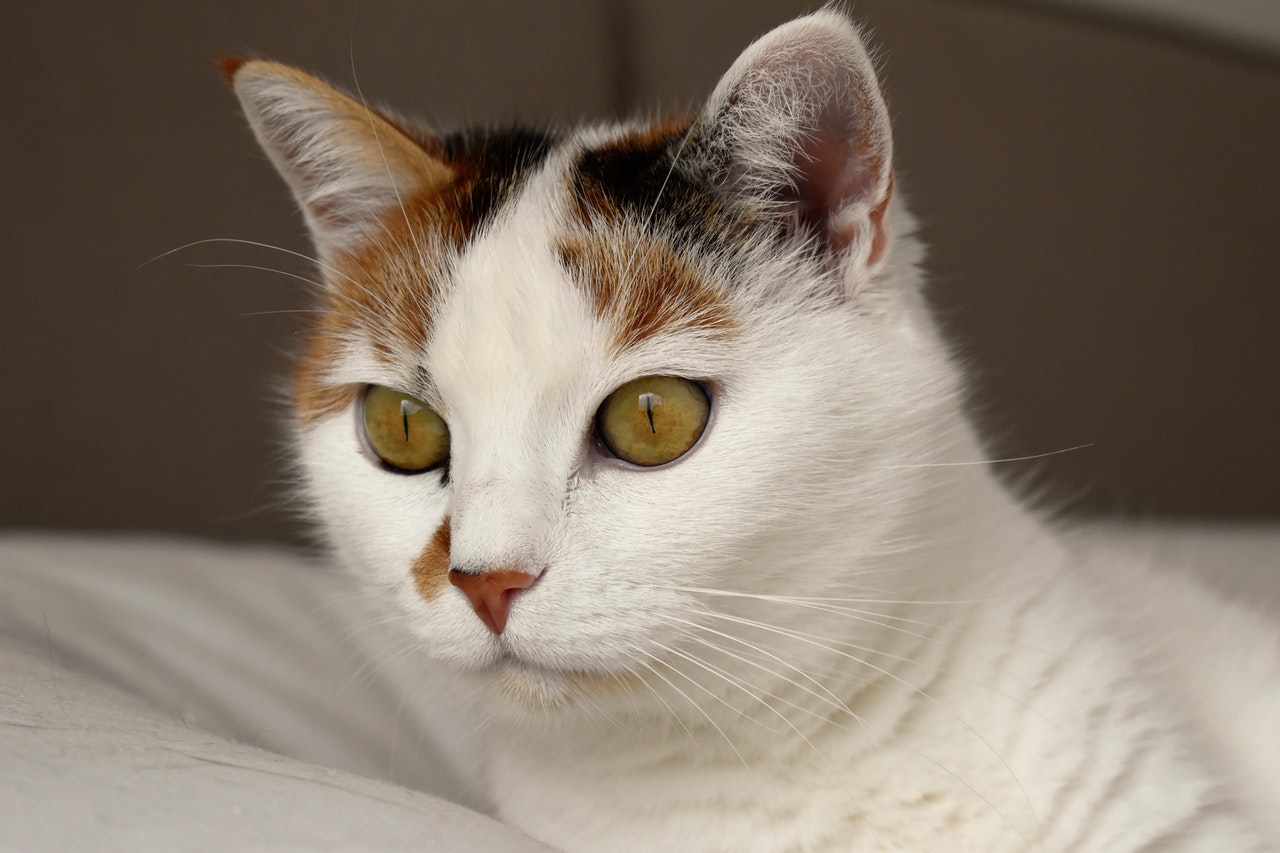
Other potential causes for ear twitching
Your cat’s ears may twitch when you laugh suddenly, when the air conditioner cycles on, or when they hear a strange noise outside. But if your fur baby’s ears twitch frequently, it could be a symptom of an underlying health problem. In addition to creepy crawlies like ear mites, numerous other health conditions have been known to cause ear twitching, such as:
Allergies
Just like us, some cats are prone to allergies, and they often experience similar symptoms. While sneezing, a runny nose, and watery eyes are painfully familiar to allergy sufferers, kitties with skin, food, insect bite, and environmental allergies may twitch their ears in response to discomfort.
Infections
Another cause of ear twitching is a bacterial infection. Normally caused by consuming undercooked meat, dairy, contaminated water, or contact with the feces of an infected cat, bacterial infections are relatively common in cats adopted from overcrowded rescue facilities. That being said, your cat could be exposed any time she encounters an infected animal, which is one of the reasons we recommend keeping your kitty exclusively indoors.
Diabetes
Although some symptoms, such as increased urination and thirst, are more commonly associated with diabetes, others are so subtle they’re often overlooked. If your cat appears to zone out while her ears twitch, it could be a sign of hypoglycemia, also known as low blood sugar.
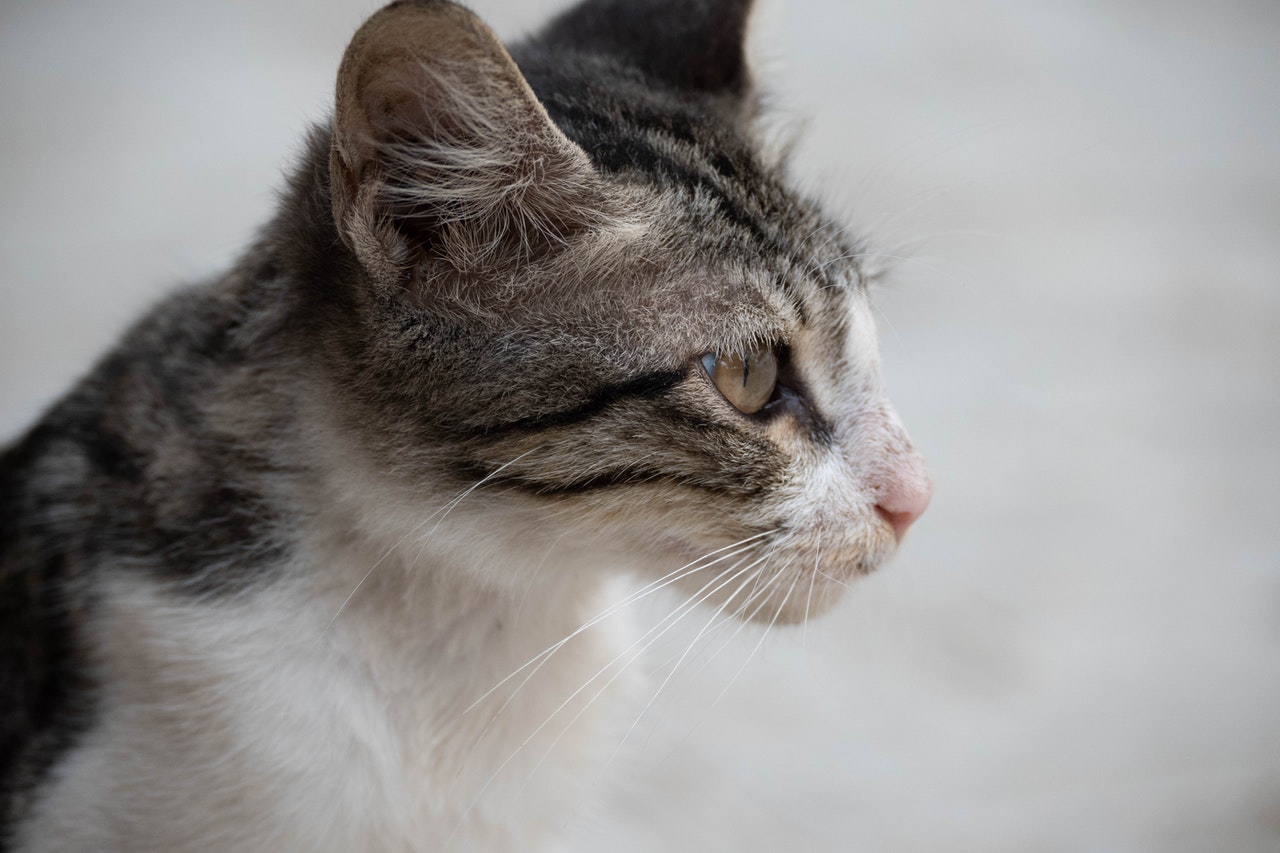
As you can see, there are plenty of benign reasons why your cat’s ears twitch. In most cases, you can sit back and smile as you watch your kitty’s ears twitch, content in the knowledge that she’s probably hearing something you can’t. But if the twitching continues, or if your kitty’s ear twitching is accompanied by additional symptoms, you’ll want to take her to the vet for a checkup.

